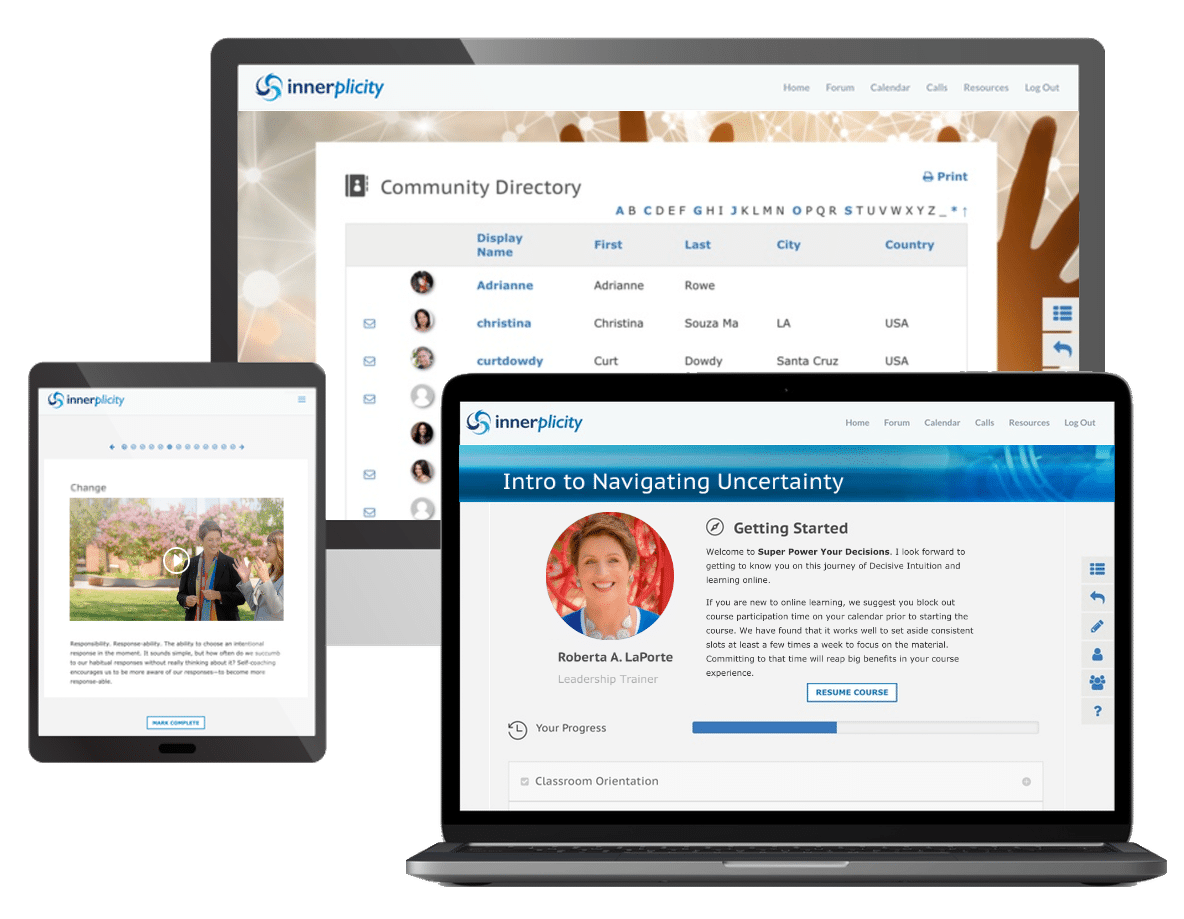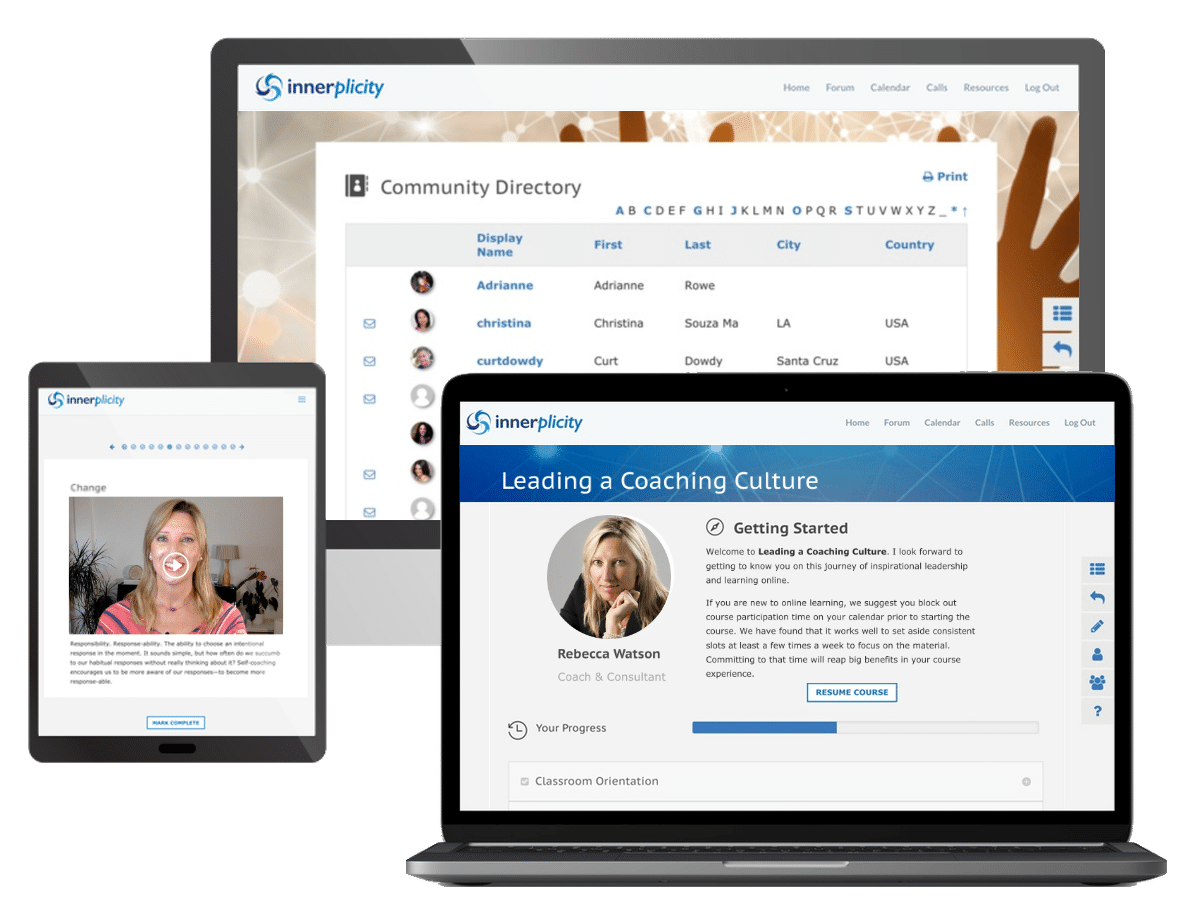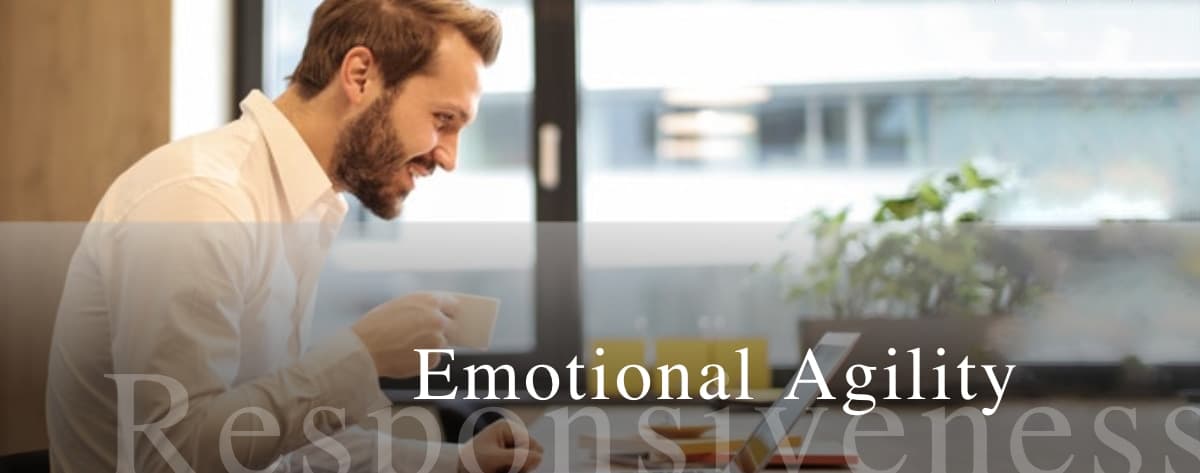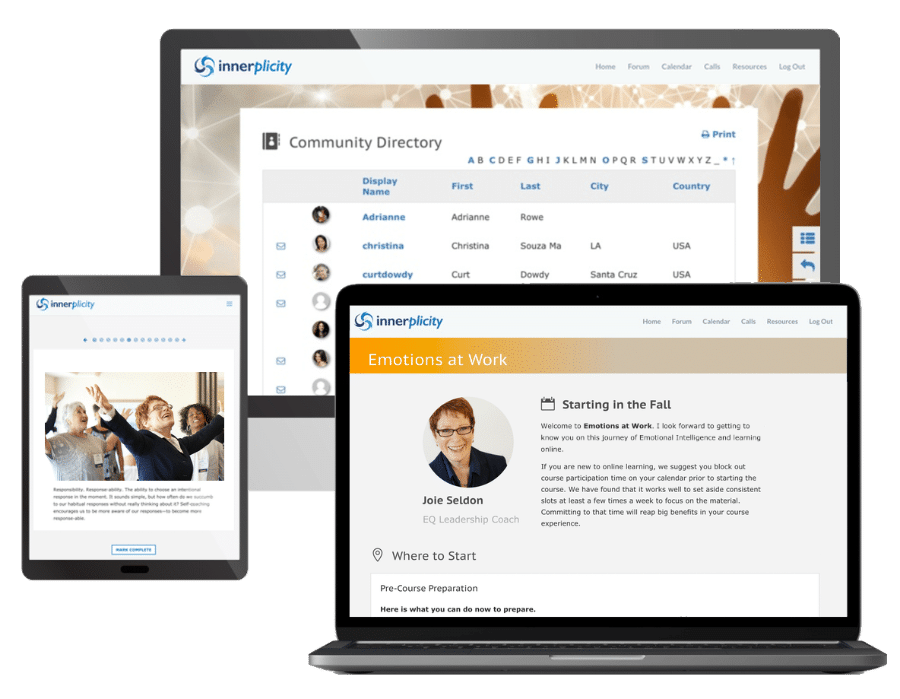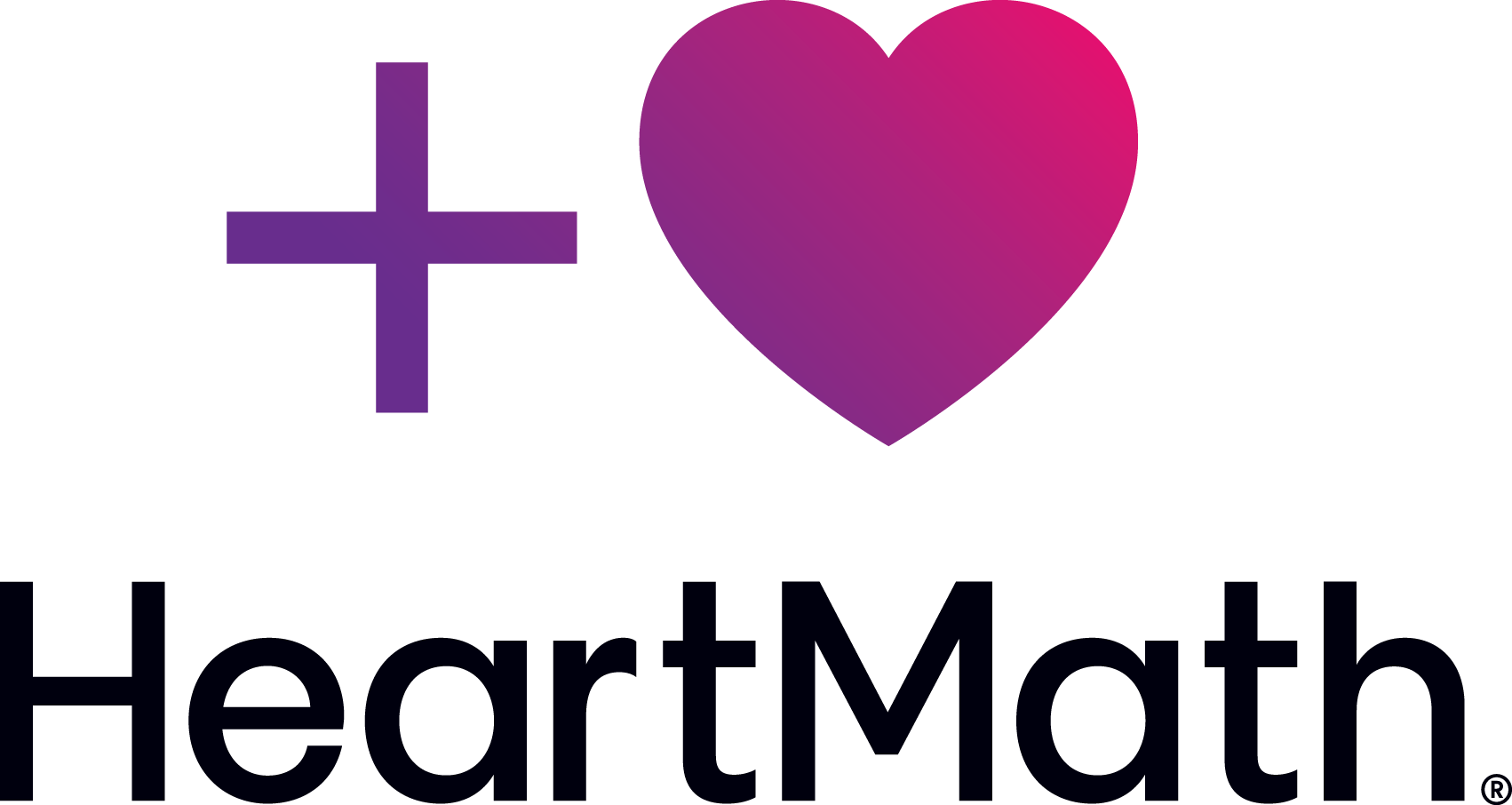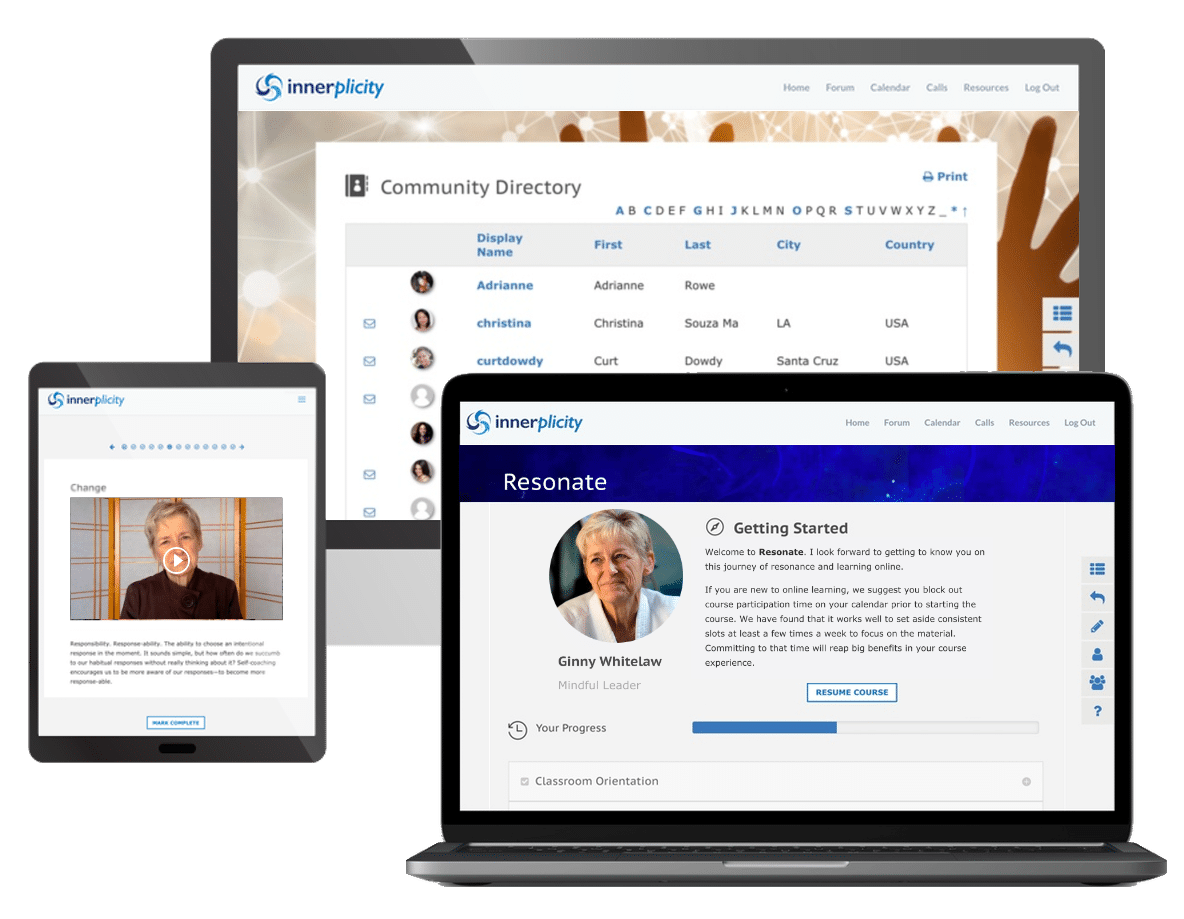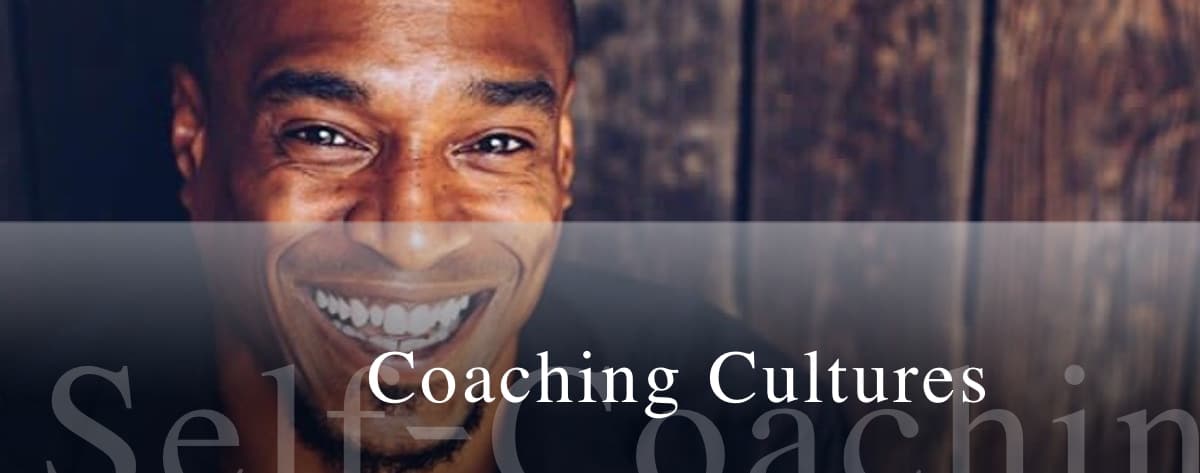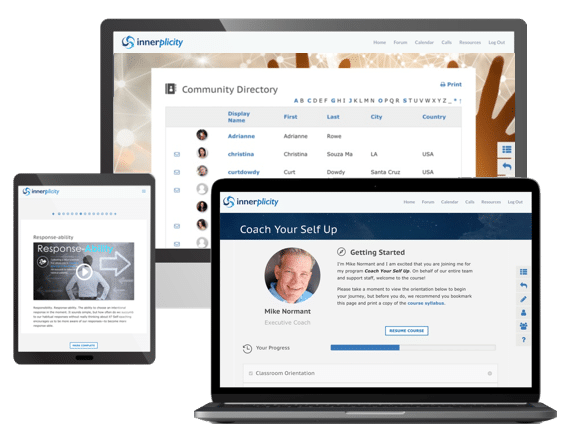
The Hits Just Keep On Coming
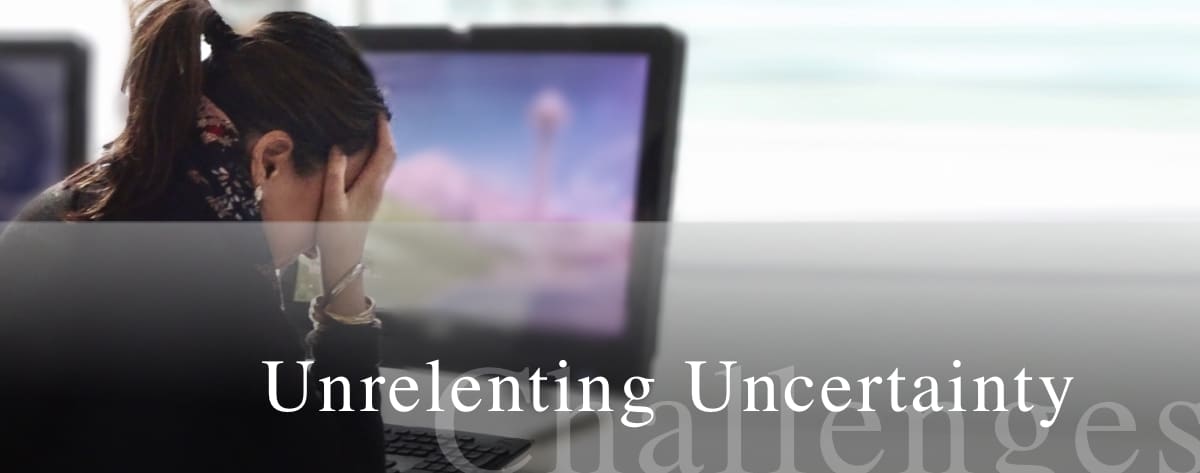
THE HITS JUST KEEP ON COMING
It looks like we will be in a state of navigating uncertainty for a while longer. So I want to talk about what happens when you are not only dealing with unrelenting uncertainty at home and at work, but are also experiencing a number of personal and professional challenges that seem to come out of the blue in rapid succession. For example, your relationship with your boss suddenly takes a sharp right turn and you don’t know how to respond; or you/someone in your family has a serious illness or accident to deal with; or your star performer resigns; or… I could go on with many more examples of how life can throw you a curve ball.
So, what do you do when – on top of dealing with ongoing uncertainty – the hits just keep on coming?
I’d like to share what happened to me in the last couple of weeks. There were a number of things – I won’t go into the specifics, but they were unsettling. I thought: what the heck is going on here? Part of me wanted to give in, go hide, throw up the white flag. Why me and why now? And this from the queen of positive thinking!
However, I was fortunate to be able to share my frustrations and disappointment with someone who listened, empathized and then gave me a no-BS talk to help me see a way forward. It made me realize that – just when it seems like nothing is going in your favor – this too shall pass. It is just a minor blip on the radar screen of life, and I needed to pull up my big-girl pants and push forward. Yes, easier said than done sometimes, but there is no other way around it.
So if this happens to you, I’d like to share some guidance based on my personal experience:
It’s OK to take some time (but not too much) to acknowledge how you are feeling. By using the principle of “name it to tame it”, you are engaging the brain’s braking system and allowing the limited cognitive resources you have to move on and focus on other things.
Find someone you can talk to who will empathize (not sympathize) and will provide support – but also no BS!
Think of obstacles you encountered – and overcame – in the past. We know that drawing on past success helps us to see what we are made of, what is possible. I usually approach these situations saying: “I am an Iron woman, I can do anything”.
Finally – be grateful. I know it sounds trite, but science proves that acknowledging what you appreciate shifts your mind from things that are annoying you to things that make you happier and more content.
So, when the hits just keep on coming, try these tips to reset your focus and intention – and keep moving forward.
Roberta A. LaPorte, Organizational Consultant
After spending 25 years leading Fortune 50 organizations and technology start-ups, Bobbie draws on positive psychology and her experience as a six-time Ironman triathlons finisher to help organizations navigate uncertainty and get ready for anything. Learn more »
FEATURED COURSE
Leading Through Uncertainty
Build leadership skills to navigate through the unrelenting uncertainty of our times. Learn practices that are science-based, scalable and easy to implement.
Coming Soon
Instructor-Led Course
4-Weeks Online
6hrs Est. Course time
Peer-group Networking
